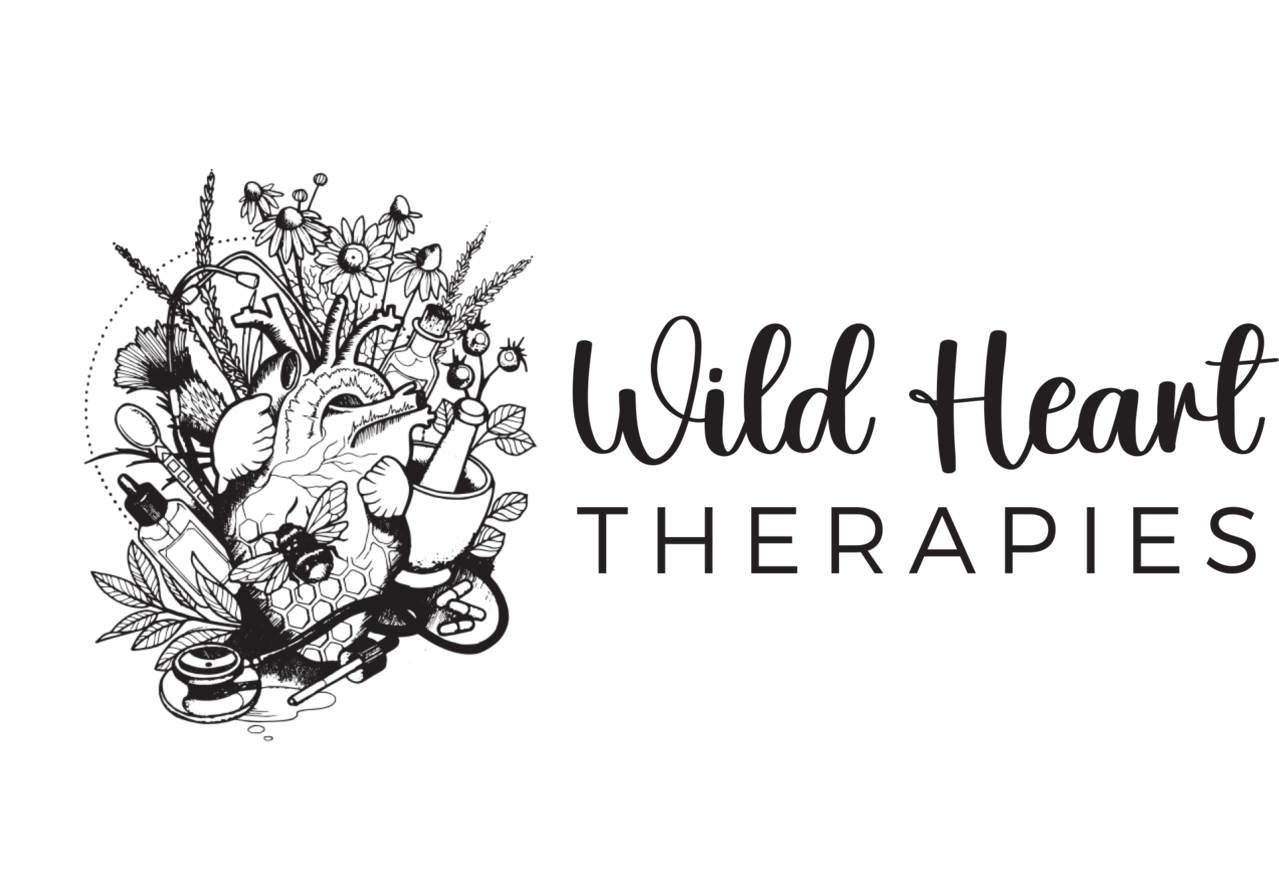Holistic healing and alternative medicine are becoming increasingly popular as people seek more natural, non-invasive approaches to healthcare. These practices take a holistic view of the person, considering not just their physical symptoms but also their emotional, mental, and spiritual wellbeing. In this article, we’ll explore the principles of holistic healing and alternative medicine, as well as the pros and cons of these practices.
Principles of Holistic Healing and Alternative Medicine
Holistic healing and alternative medicine are based on the following principles:
- Whole-person care: Holistic healing and alternative medicine view the person as a whole, not just their physical symptoms.
- Self-healing: These practices believe that the body has an innate ability to heal itself, given the right support.
- Mind-body connection: Holistic healing and alternative medicine recognize the interconnection between the mind, body, and spirit, and how each affects the other.
- Non-invasive approaches: These practices focus on non-invasive approaches to healthcare, such as lifestyle changes, natural remedies, and mind-body practices.
- Individualized treatment: Holistic healing and alternative medicine take into account the individual’s unique needs, preferences, and goals when developing a treatment plan.
Pros of Holistic Healing and Alternative Medicine
Holistic healing and alternative medicine offer several potential benefits, including:
- Whole-person care: These practices take a more comprehensive approach to healthcare, addressing not just physical symptoms but also emotional, mental, and spiritual wellbeing.
- Fewer side effects: Natural remedies and non-invasive approaches often have fewer side effects than conventional medicine.
- Empowerment: Holistic healing and alternative medicine empower individuals to take an active role in their own healthcare.
- Preventative care: These practices emphasize preventative care, such as healthy lifestyle choices, to maintain overall health and wellbeing.
- Cost-effective: In some cases, holistic healing and alternative medicine can be a more cost-effective approach to healthcare.
Cons of Holistic Healing and Alternative Medicine
Holistic healing and alternative medicine also have some potential drawbacks, including:
- Lack of regulation: Because these practices are not regulated in the same way as conventional medicine, it can be difficult to ensure quality and safety.
- Limited research: There is often limited scientific research on the effectiveness of holistic healing and alternative medicine, which sometimes can make it challenging to make informed decisions about treatment options.
- Insurance coverage: Holistic healing and alternative medicine may not be covered by insurance, making it less accessible for some individuals. And that case is changing globally.
- False claims: Some practitioners may make false or exaggerated claims about the effectiveness of their treatments.
In conclusion, Holistic healing and alternative medicine offer a more natural, non-invasive approach to healthcare that takes into account the whole person. These practices can offer several potential benefits, such as whole-person care, empowerment, and preventative care. However, there are also potential drawbacks, including lack of regulation, limited research, delayed treatment, insurance coverage, and false claims. If you’re considering holistic healing and alternative medicine as a treatment option, be sure to do your research and consult with a qualified practitioner to discuss your individual needs and treatment options.


Leave a Reply